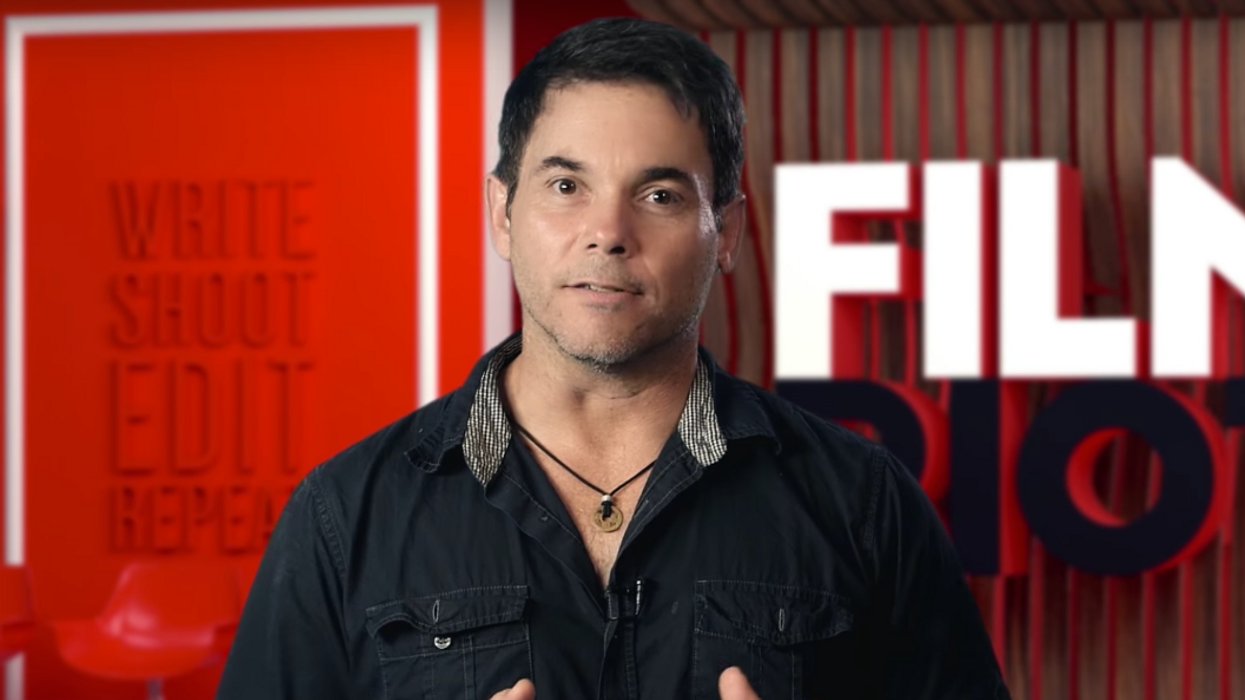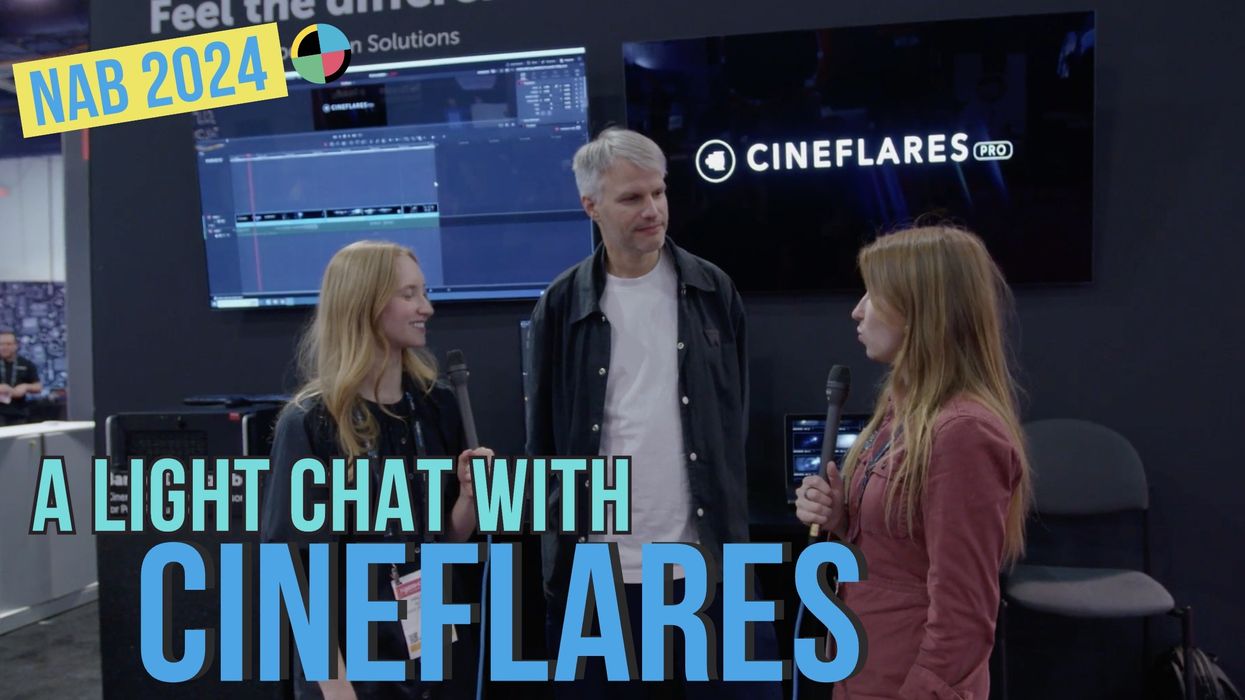If you're an actor, giving a great performance is your chief concern while shooting a scene—and if you're a director, it's all about getting one, but acting isn't as easy as saying a few lines and not looking directly into the camera. Actor Todd Bruno shares some tips that will not only be helpful for actors, but for directors as well.
Each of these tips from Bruno are excellent for actors, but if you're a director, they also reveal ways you can assist your actors with difficult scenes or exercises that'll help with their performance.
Know your lines
This is kind of a no-brainer—know your lines. If you don't know your lines when it comes time to shoot, you'll stop up production and then everybody will get cranky. But when it comes to how to learn your lines, Bruno suggests "rote memorization". This means that you memorize just the actual words without any inflection or rhythm attached, so when it comes time to change up the way you say it, you won't be thrown off by having to deliver your lines in a different way.
Manage your time on set
Don't waste time between takes; prepare for the next one. You could go over your lines, go over the blocking so you know exactly where you're supposed to be, and get into character. However, Bruno says don't go 100% with getting into the right state of mind for the scene. He advises to just "get the fire smoldering" so you can add fuel or oxygen to it when the time is right during a take.
Fill every scene
No scene should ever be flat, not even simple ones like walking down a hall or delivering a package. To add dimension and substance to these seemingly unimportant scenes, Bruno says to "fill the scene." For shots where there is action without dialog, he says to think about something while you're doing the action: where you're coming from, imagine people off screen, etc. You can do this too for scenes with a single line of dialog, like dropping off a file to your boss. This is when direction becomes extremely important, because the director will be the one to help an actor determine the motivation, or even help develop some kind of unestablished backstory.
Continuity
Even though there is (or should be) someone looking out for continuity errors during every scene, actors can also be extremely helpful for avoiding them. It's important to do every movement the same way at the same time during the scene, especially if there's dialog, because if you don't, you risk getting your best take cut out of the film because a continuity error made it unusable.
Take direction
The relationship between an actor and a director is one of the most important ones on a film production. It can be the most intimate, but it can also be the most volatile. This is why communication and knowing how to take direction is so integral. Some directors, especially ones who are inexperienced, may not be able to explain clearly what they need from you in a scene, which is why, according to Bruno, learning how to translate what a director is saying can be a huge benefit to you.
What are some acting tips you can share? Let us know in the comments below!
Source: Film Riot













